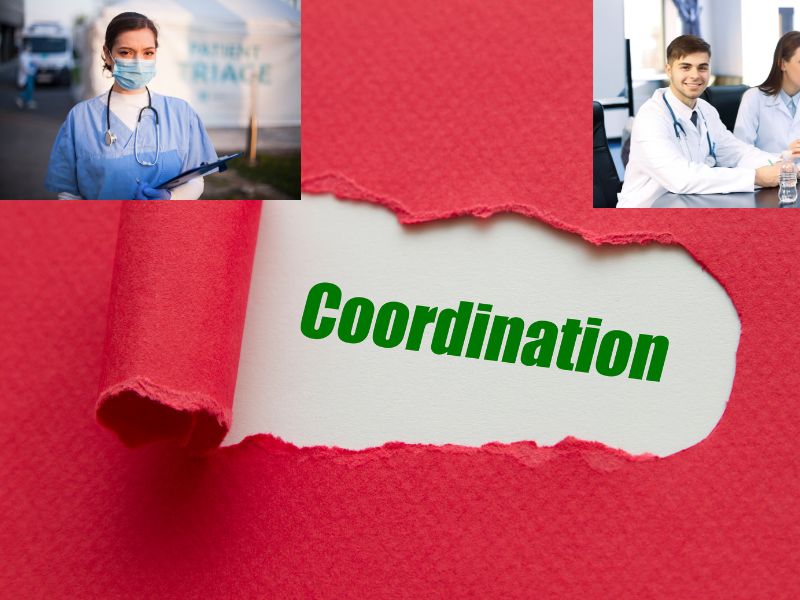Innotherapy acquired Inorak medical device manufacturing certification
InnoTherapy announced on the 27th that it had obtained a medical device manufacturing certificate from the Ministry of Food and Drug Safety for ‘InnoLOCK Hemostasis Valve’, a non-implantable vascular connection device.
Inorak is a non-implantable vascular access device, and as it is a product commonly used in vascular interventions, it can be supplied through the existing sales network. As the supply problem of imported products has recently become a hot topic in the market, stable market entry is expected and sales related to new products are expected to increase rapidly.
In addition, Innotherapy formed a consortium with Seoul National University Hospital to enter the market for new Inorak products, and was selected as a support project for the new product usability evaluation support for domestic medical devices by the Ministry of Health and Welfare.
In particular, as it succeeded in developing domestic medical devices in the non-implantable vascular access device market centered on imported products, it is expected to solidify its position as a leading player in the vascular intervention market.
Therapy has established itself as a unique domestic product by launching InnoSEAL, a hemostatic product used in the field of vascular interventions. In addition, it was recognized for its product quality, such as the European Unified Standard Certification (CE) certification and the success of the US Joint Purchasing Group (GPO) contract.
An Innotherapy official said, “In the field of imaging interventions, there is a strong need for domestic products that have both price competitiveness and excellent quality. ” he said.
He continued, “In addition to mid- to long-term technical products, we are expanding our product portfolio in a balanced way by successfully commercializing Inorak products that can enter the market quickly. ” he added.
Innotherapy, non-implantable vascular access device medical device manufacturing certification acquired
Innotherapy acquired a new medical device manufacturing certification and started diversifying its product portfolio for vascular interventions.
Innotherapy announced on the 27th that it had obtained medical device manufacturing certification for ‘InnoLOCK Hemostasis Valve’, a non-implantable vascular connection device, from the Ministry of Food and Drug Safety.
Inorak is a non-implantable vascular access device, and as it is a product commonly used in vascular interventions, it can be supplied through the existing sales network. As the supply problem of imported products has recently become a hot topic in the market, stable market entry is expected and sales related to new products are expected to increase rapidly.
In addition, Innotherapy formed a consortium with Seoul National University Hospital to enter the market for Inorak’s new product, and was selected as the ‘Ministry of Health and Welfare Ministry of Health and Welfare’s new product suitability evaluation support’ project.
Innotherapy has established itself as a unique domestic product by launching ‘InnoSEAL’, a hemostatic product used in the field of vascular interventions. In addition, the product quality was recognized, such as the European CE certification and the success of the US GPO (joint purchase group) contract.
A company official said, “In the field of visual interventional surgery, there is a strong need for domestic products that have both price competitiveness and excellent quality.” he explained.
He continued, “In addition to mid- to long-term technology products, we are expanding our product portfolio in a balanced way by successfully commercializing Inorak products that can enter the market quickly.” added.


